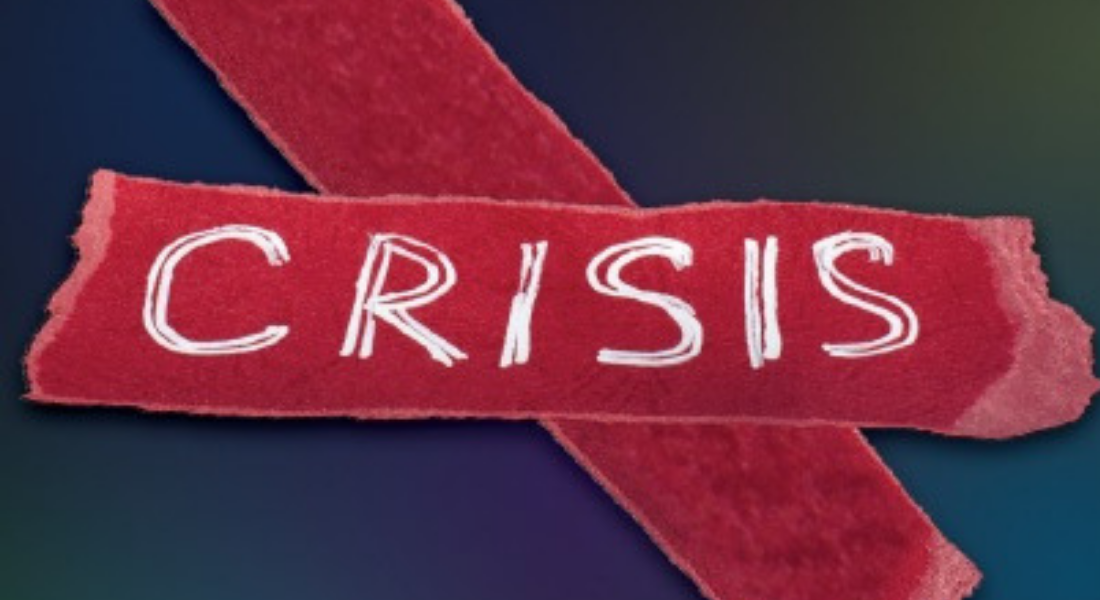Legal firm Hill Dickinson kindly invited me along to a seminar in Manchester today, looking at how organisations should handle a media crisis.
Crisis management is one of those rare occasions when the worlds of comms and the law collide, and any company facing a crisis should heed the advice of both.
The session, co-chaired by libel lawyers and Hill Dickinson partners Hanna Basha and Magnus Boyd, examined a crisis from the moment a journalist calls to its resolution – taking into account the importance of that initial response, right through to moving forward with proactive media relations post crisis.
The steps towards implementing a full crisis management plan are detailed and intricate – for good reason – so I won’t go into them all here, but here are the top tips I picked up on the day:
Don’t give anything away when a journalist first calls you with a story containing allegations. And never say ‘no comment’ – that’s a comment in itself. The key is to ask the journalist to detail everything in an email and to say you’ll respond to that. That provides you with your first piece of written evidence and also gives you time.
Gather your crisis management team together. The comms and legal teams must be involved at this stage. This is not something for the CEO to handle alone. This team is responsible for keeping control of the situation and preventing it from causing unnecessary alarm internally.
Secure as much time as possible to gather information – this is the point at which you can ascertain the facts and determine your next course of action
Only threaten legal action if you are prepared to follow through with it, and if you are confident that the allegations you are refuting can be proven to be unfounded
Use your lawyer to press send on the initial email back to the journalist if it is refuting the allegations. Not only will their tone be different, but this is important for comms people who may have an existing relationship with the journalist or who may need to build a relationship in the future.
On the flip side, the comms team can draft any statements for publication to submit to the journalist once the situation has been resolved. Make sure your lawyer checks it though.
From the impact of social media to changes in privacy laws, the nature of a crisis and your ability to limit its damage is a moveable feast, but some things remain essential:
1) Try to anticipate and prepare for a crisis
2) Don’t say anything until you know the facts
3) Recognise the tipping point for switching to a more legal tone
4) Understand the implications of the story and how to move forward from it
5) Make sure you’re working with a good lawyer, and PR!
Do email me on nikki@fourthday.co.uk if you’d like us to put you in touch with Magnus or Hanna at Hill Dickinson.
You can also check out Carolyn’s blog post on media law to learn about defamation and contemtpt of court.
Share this:





